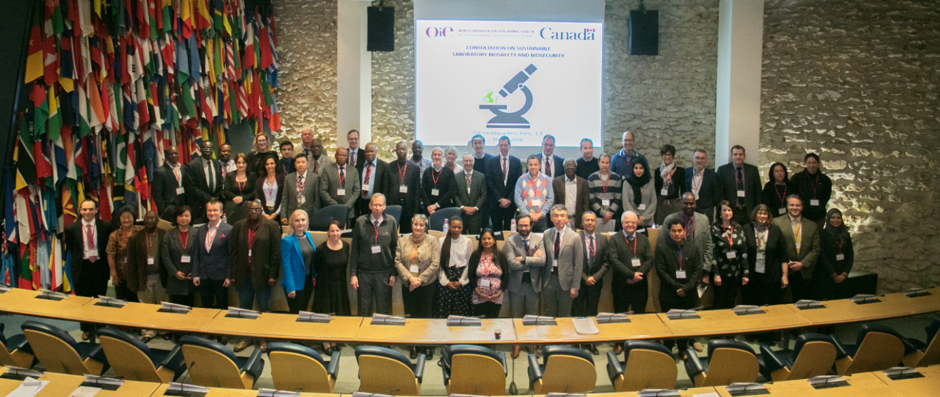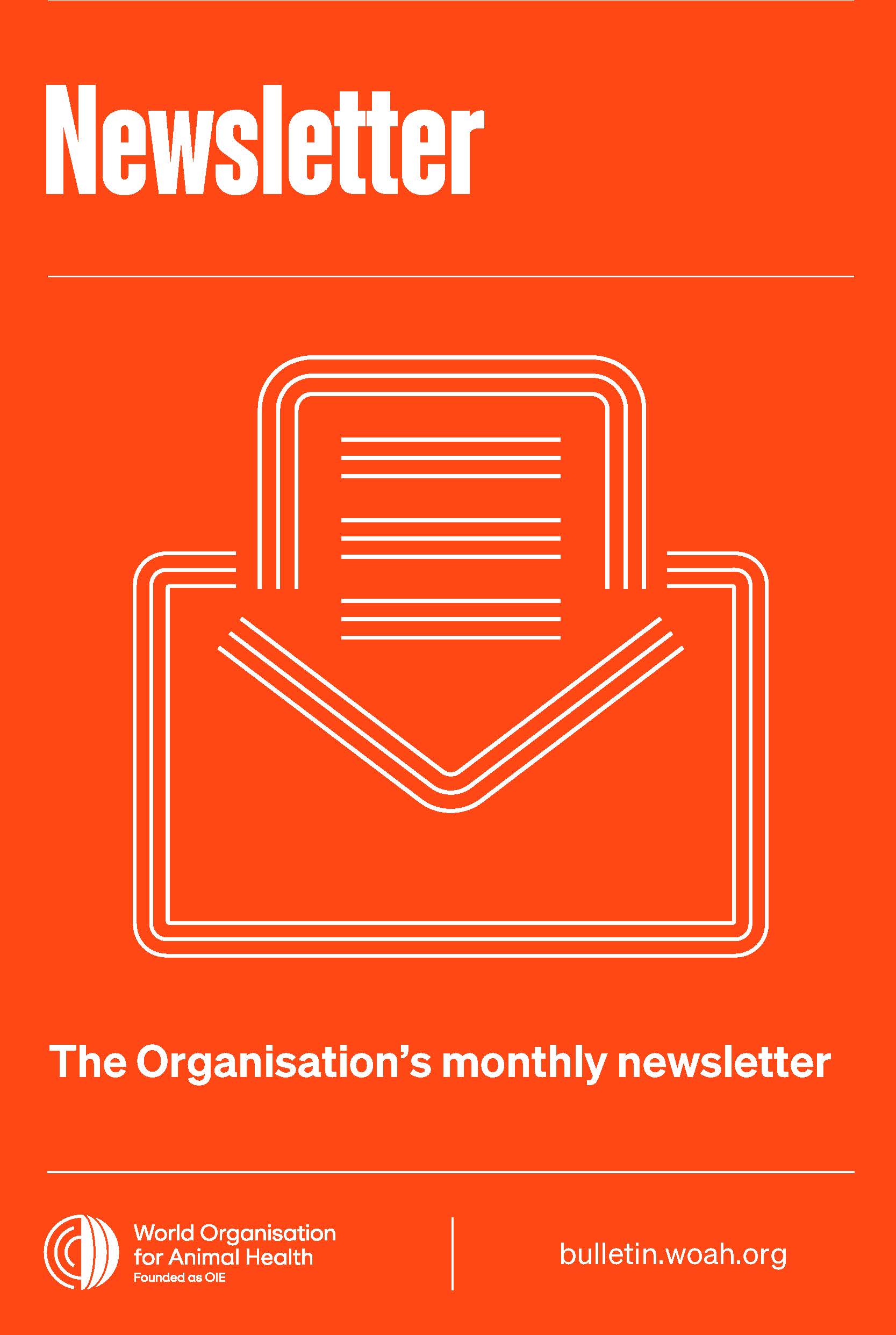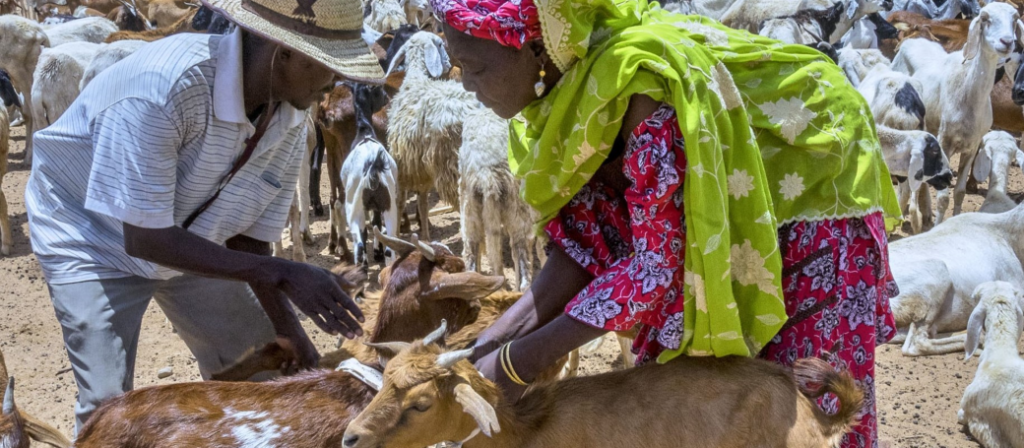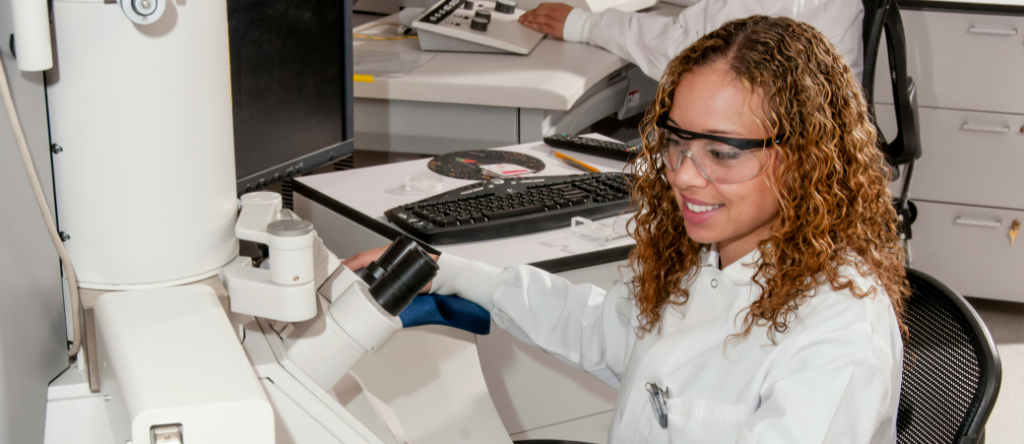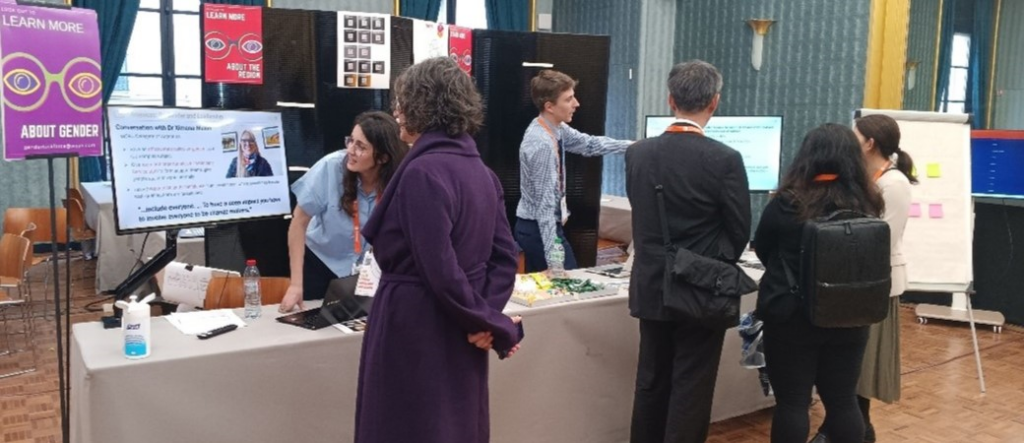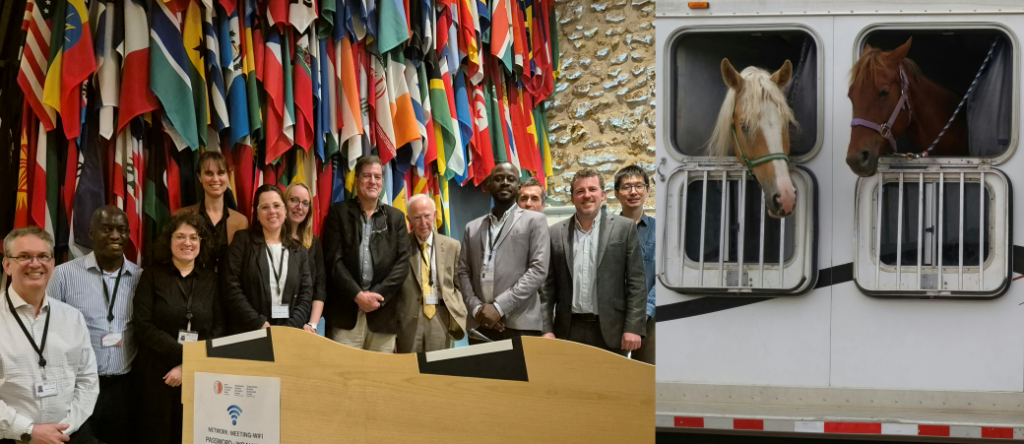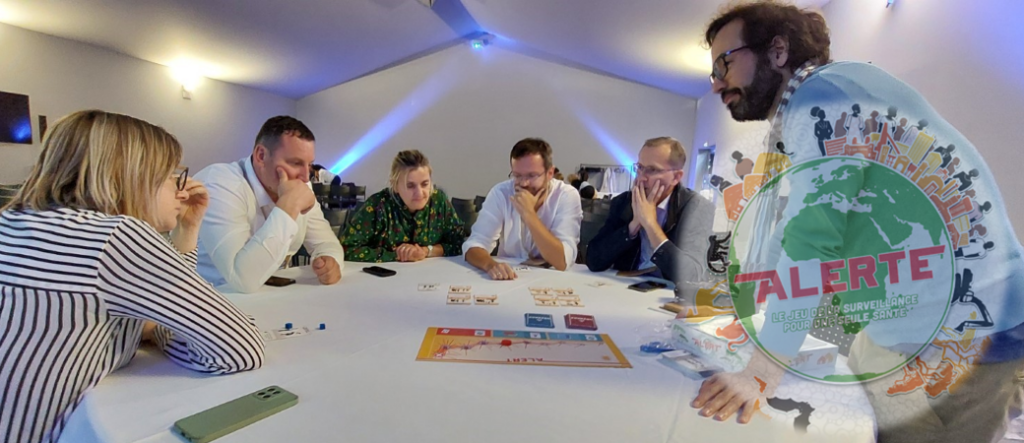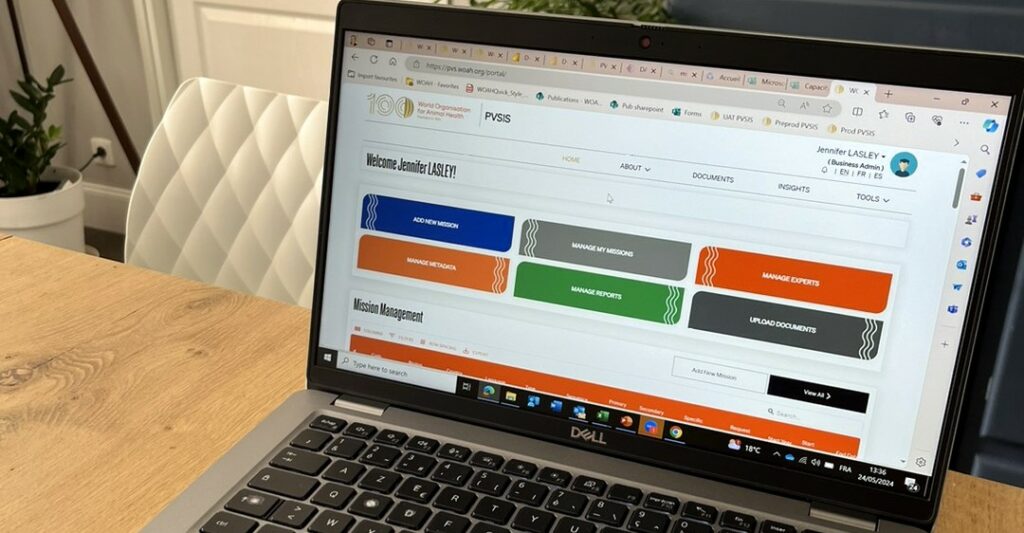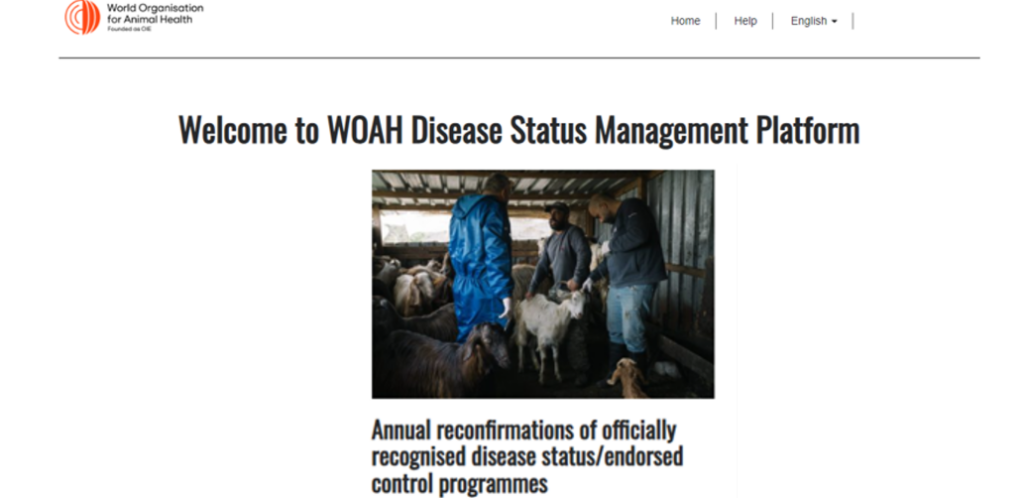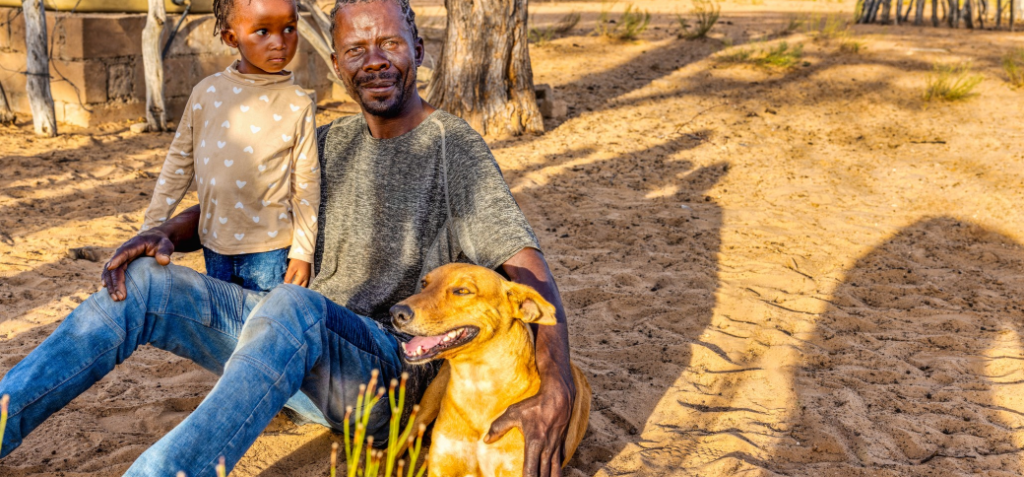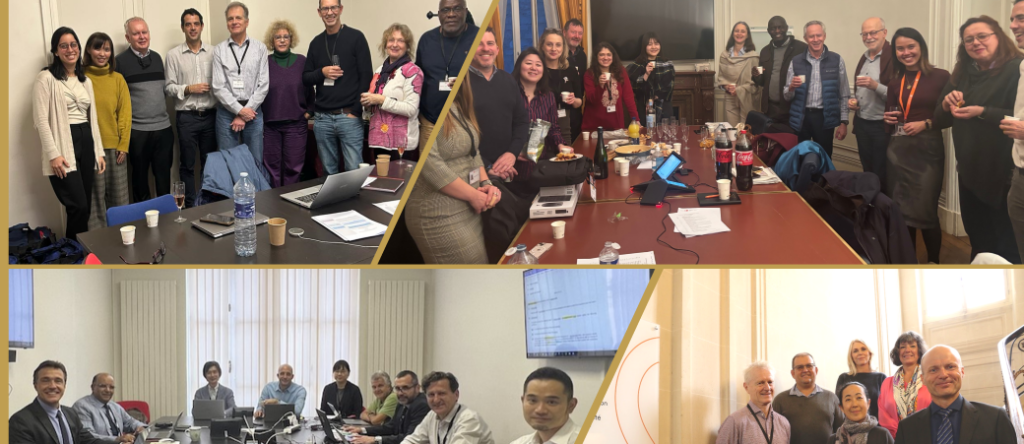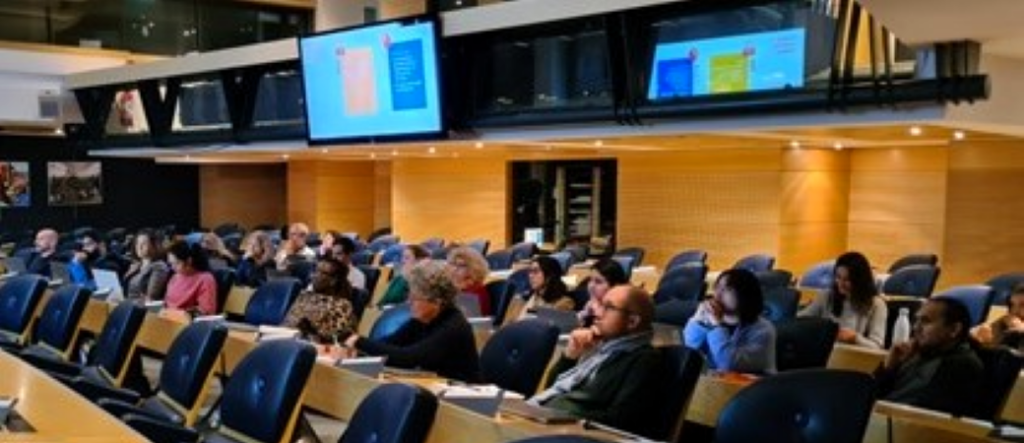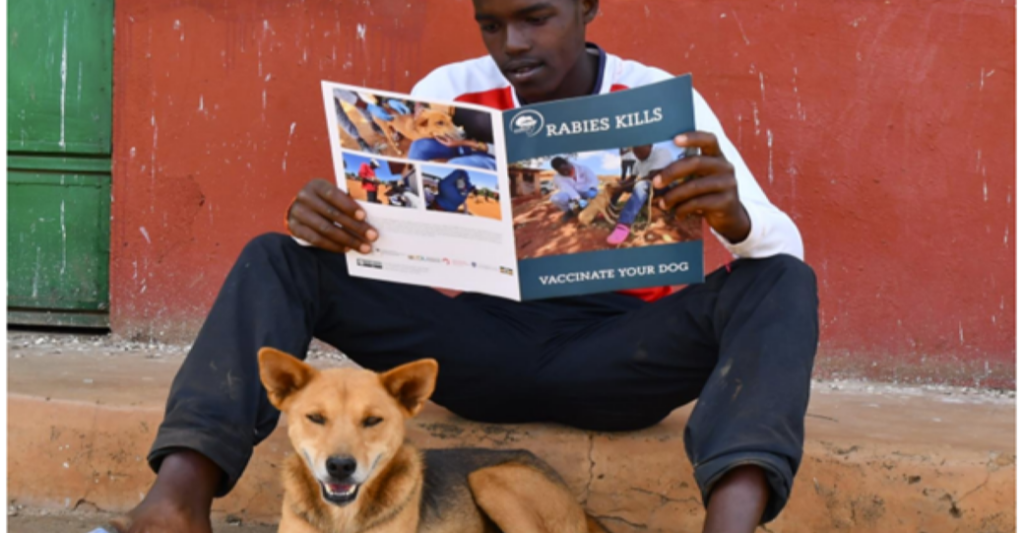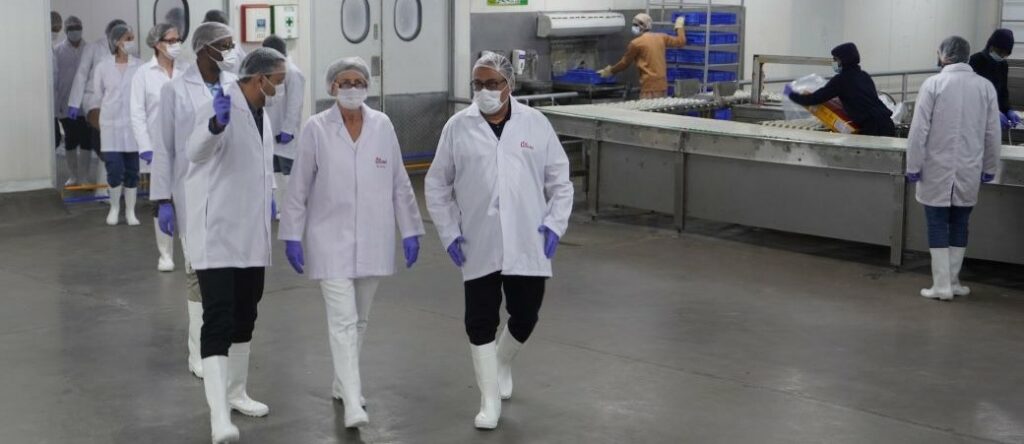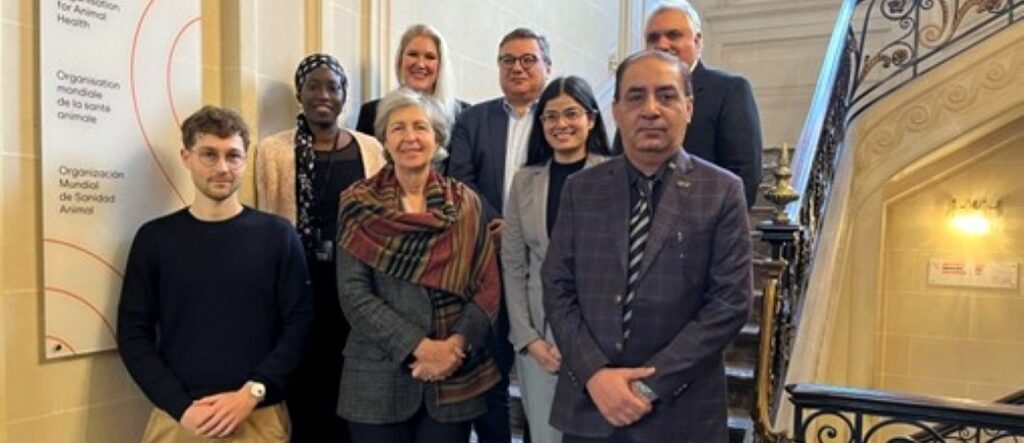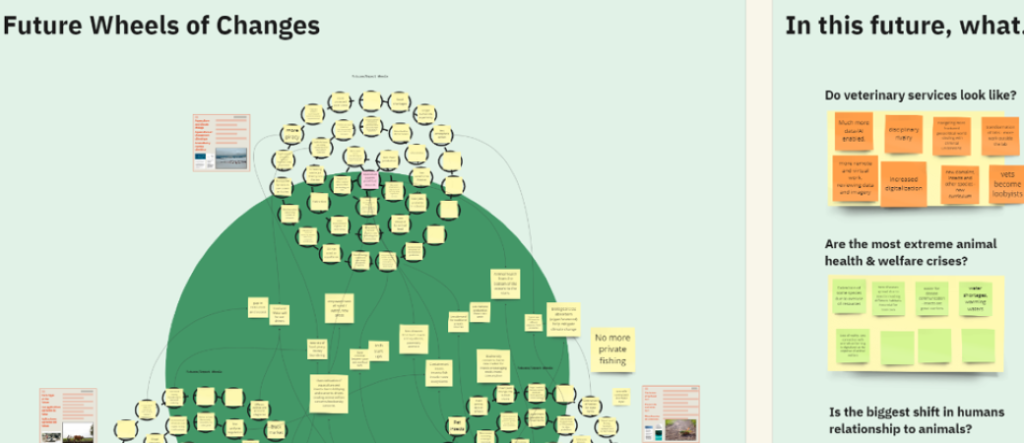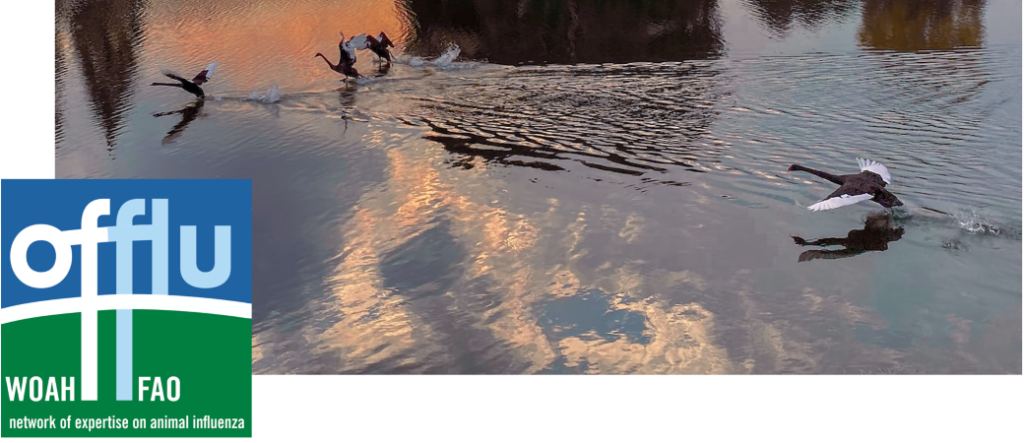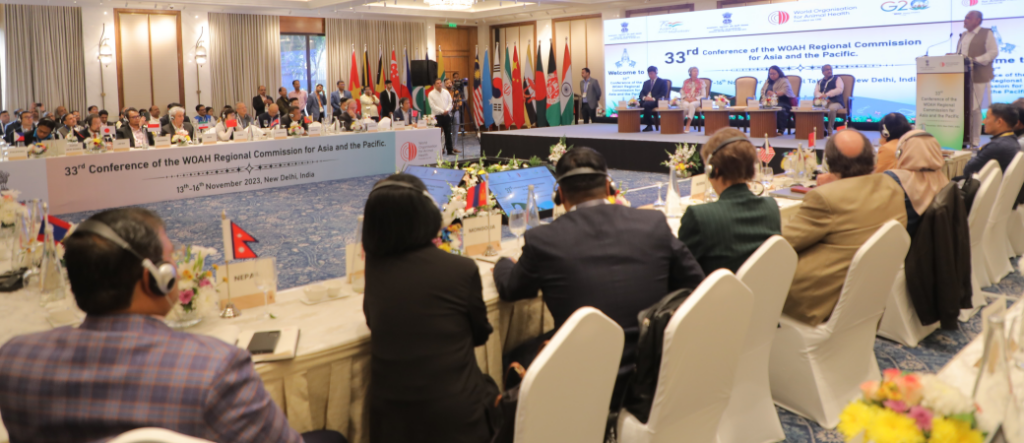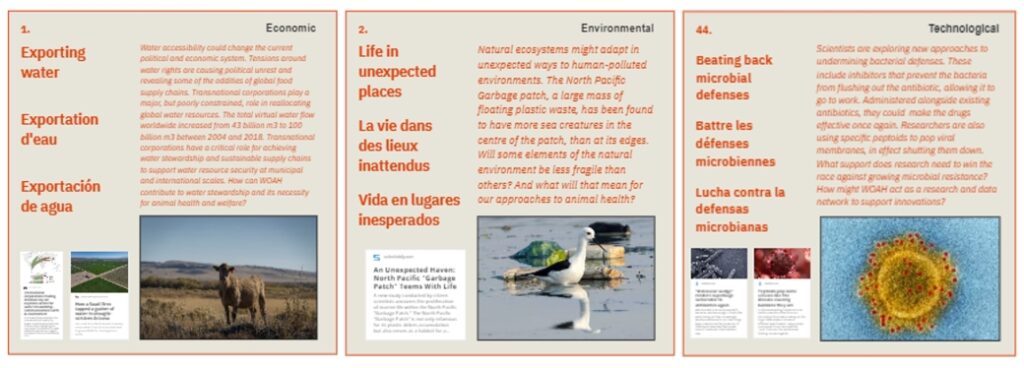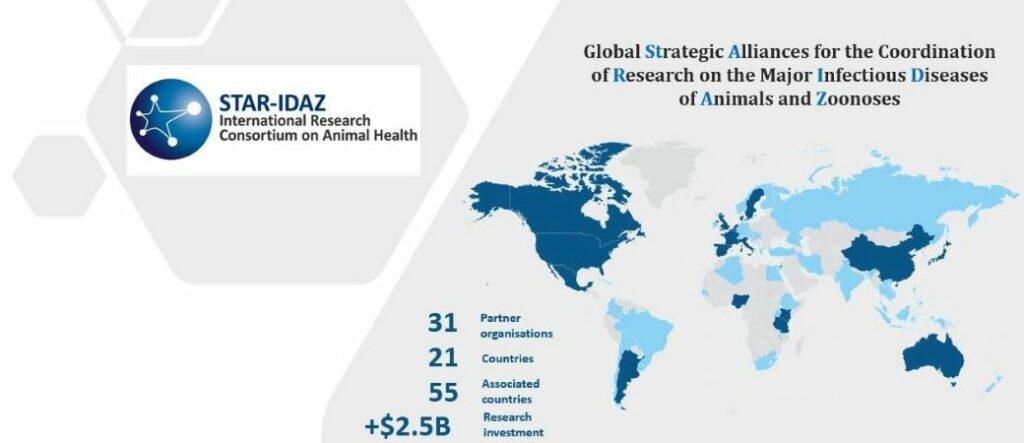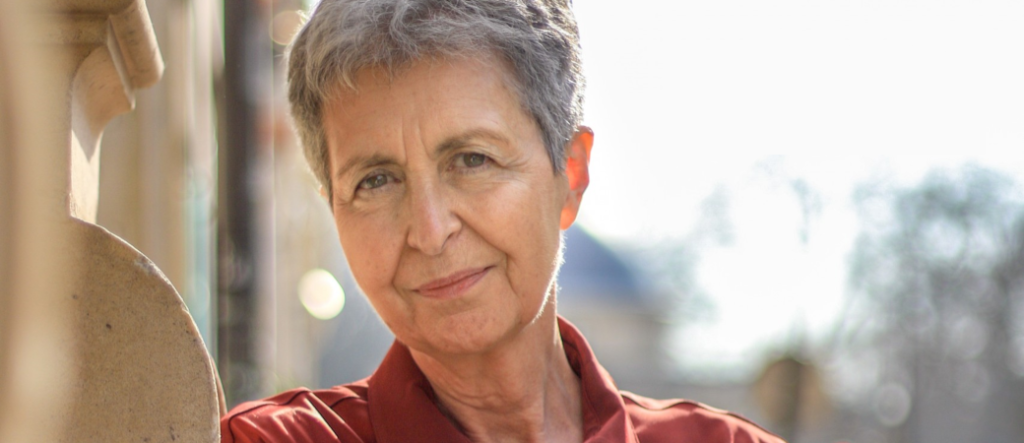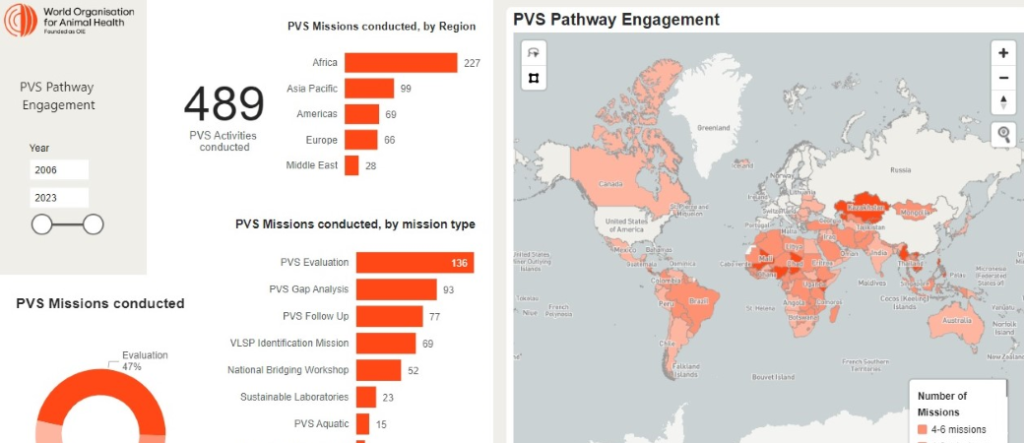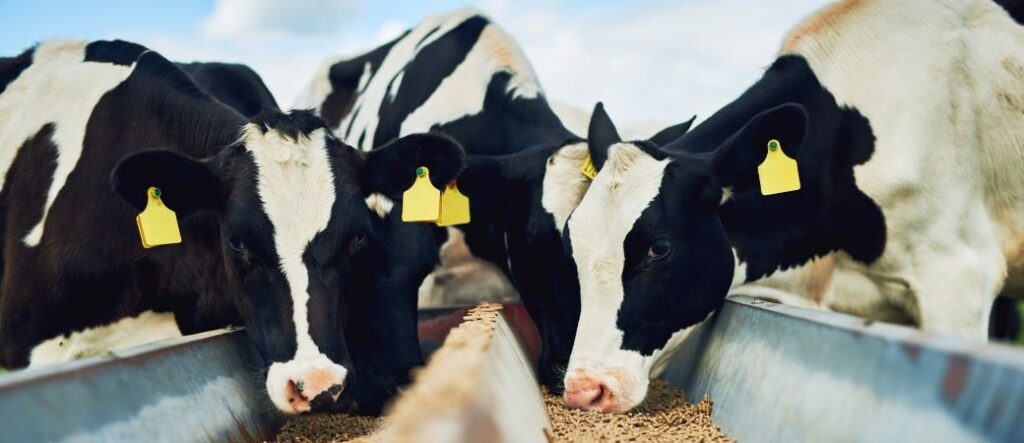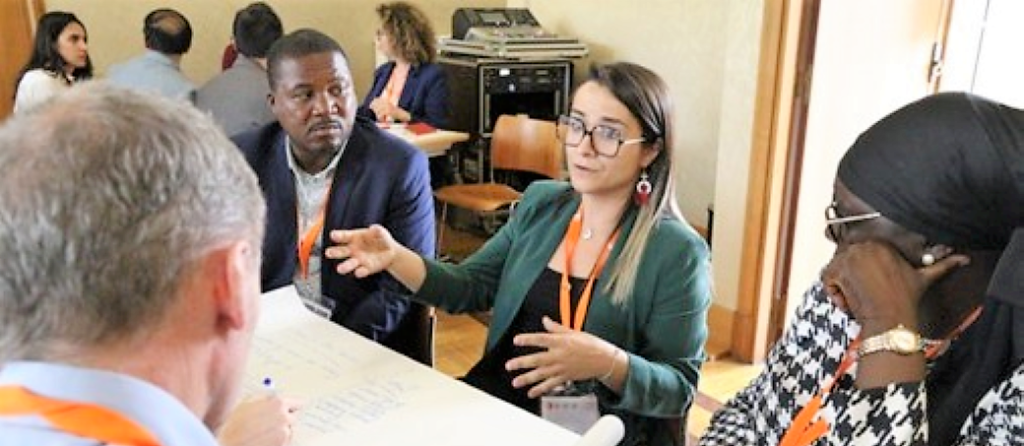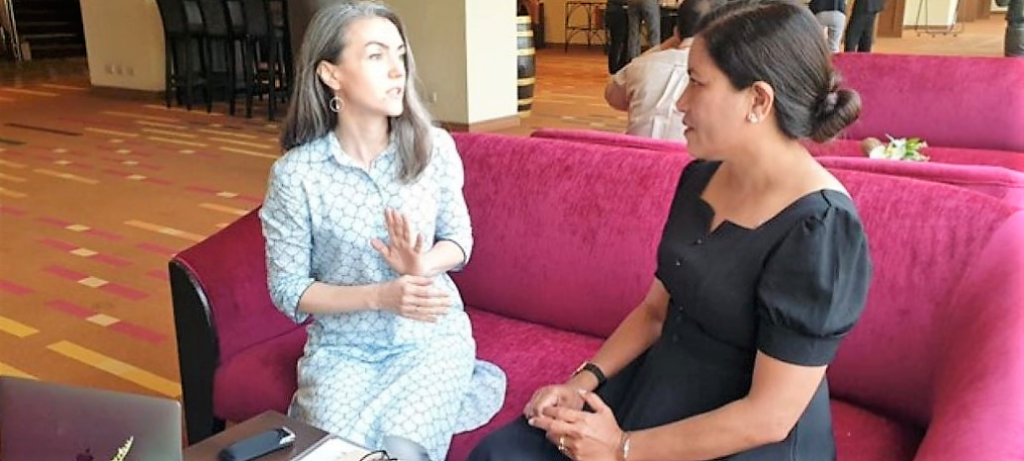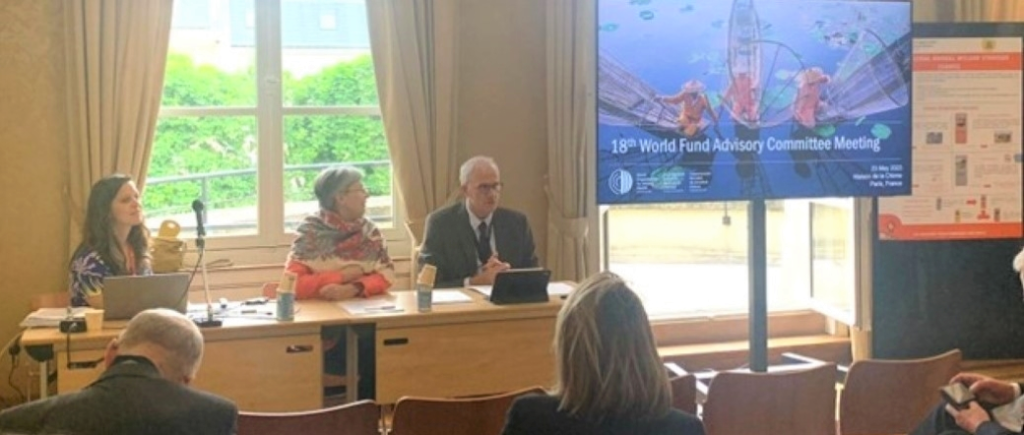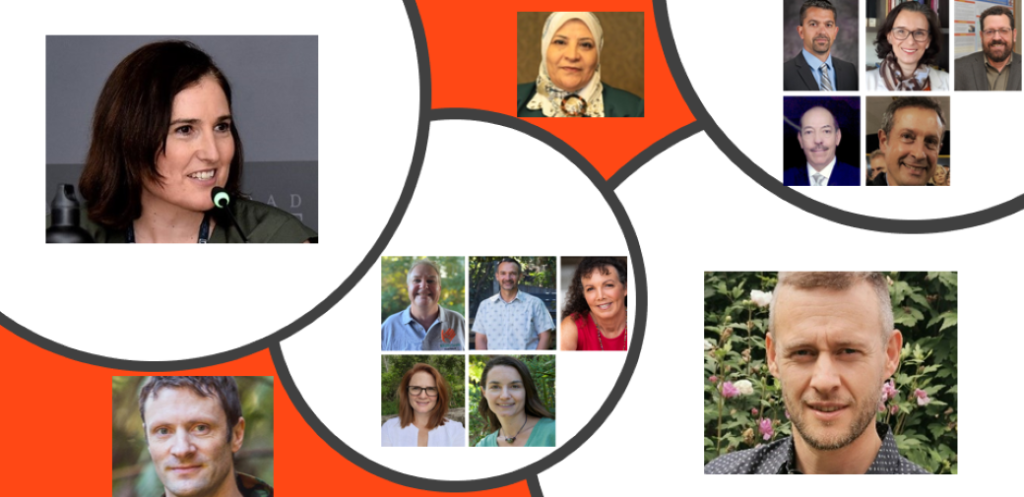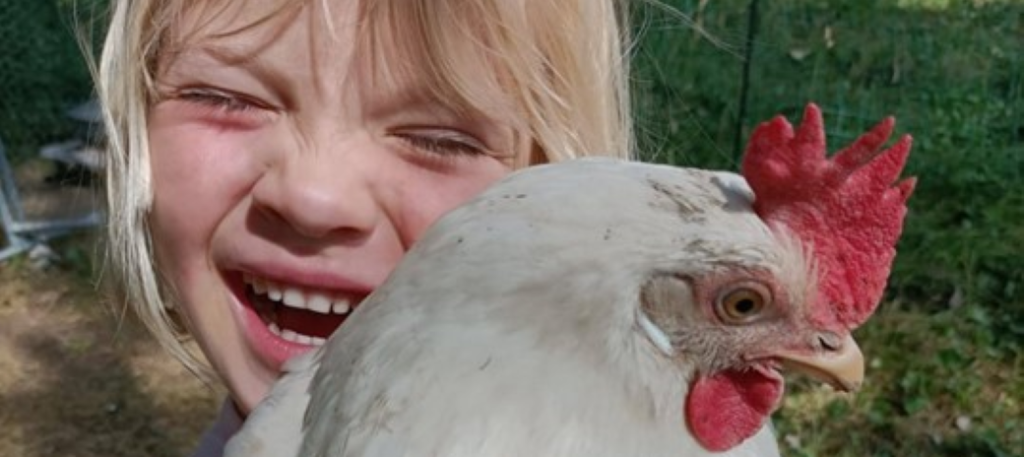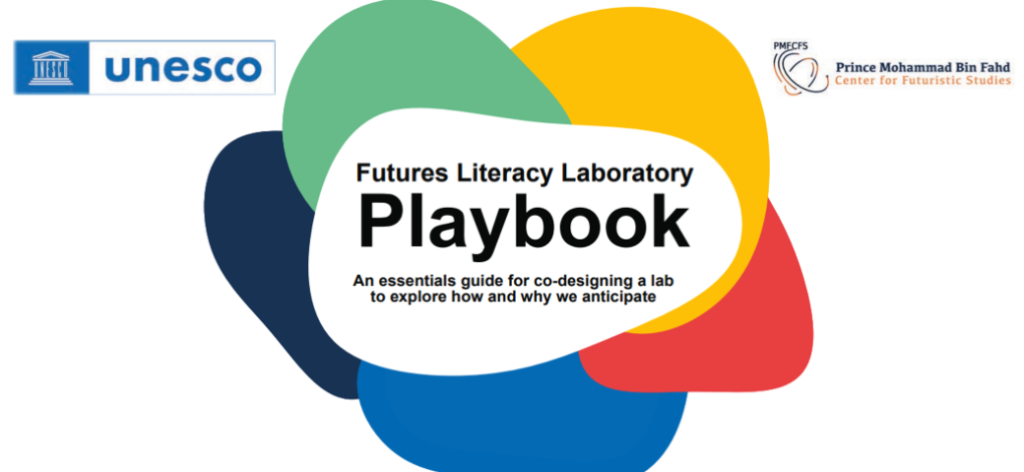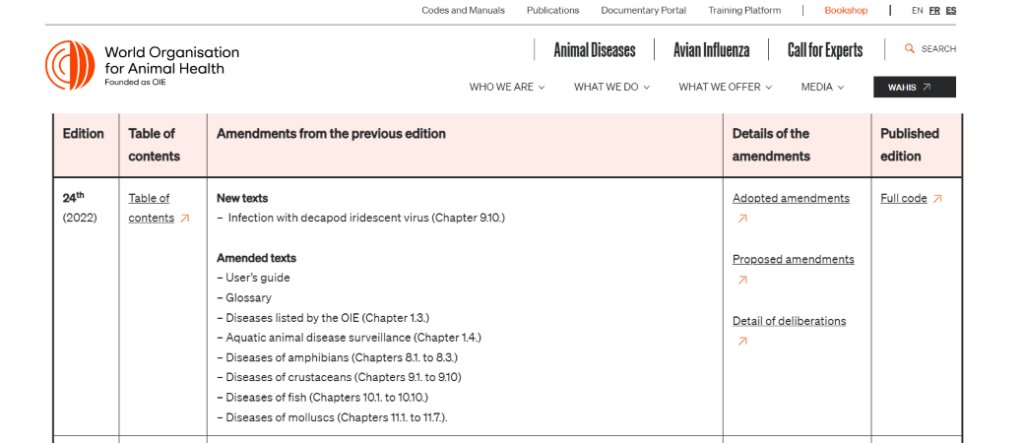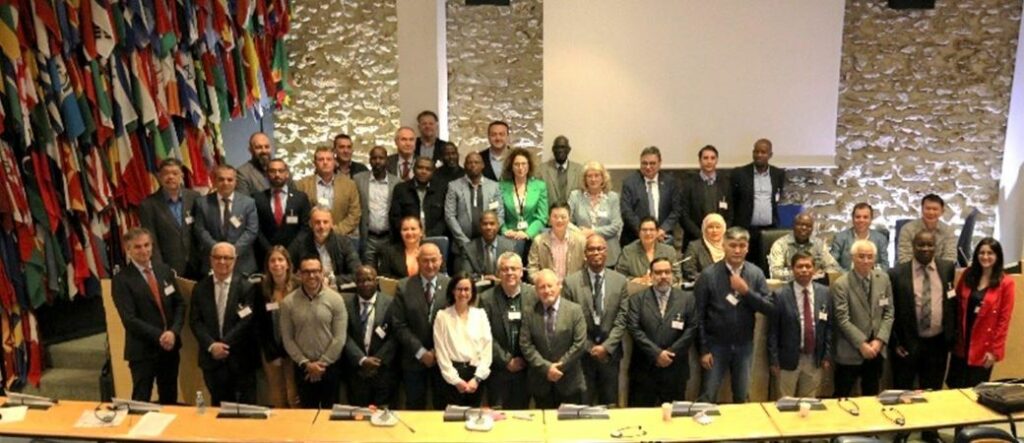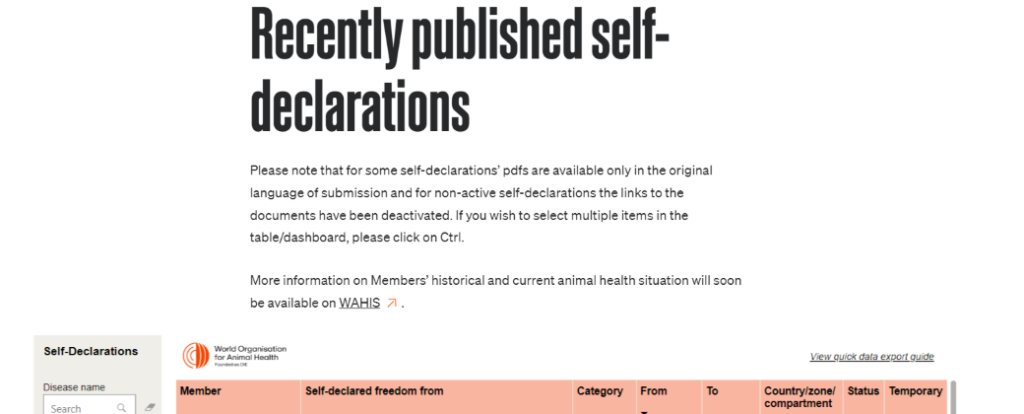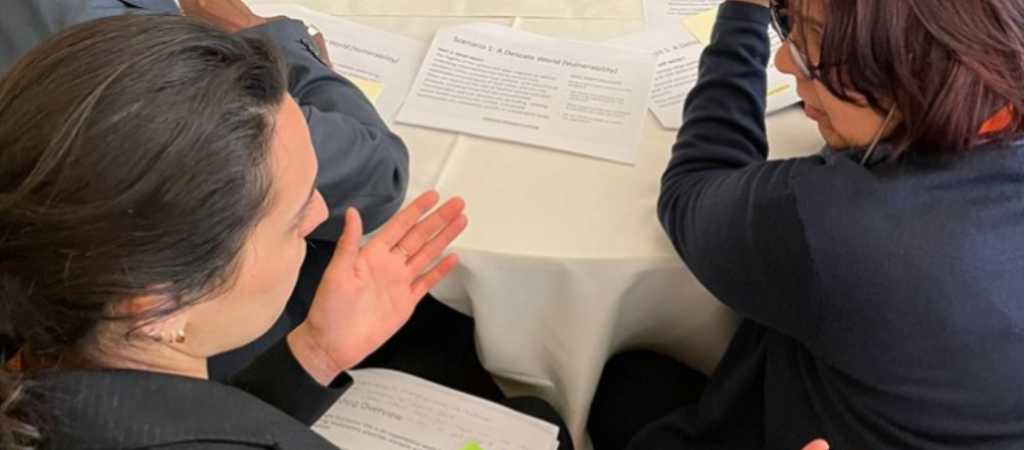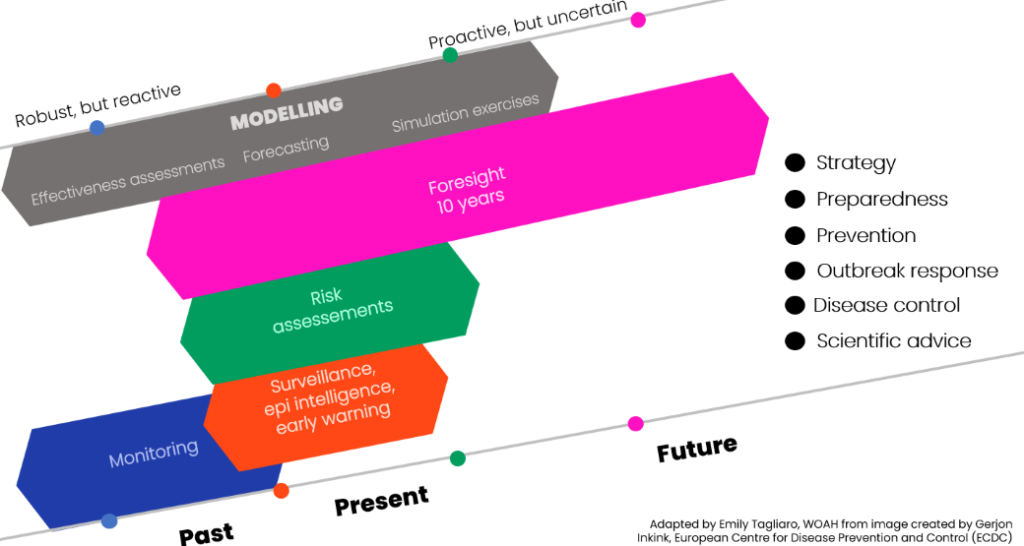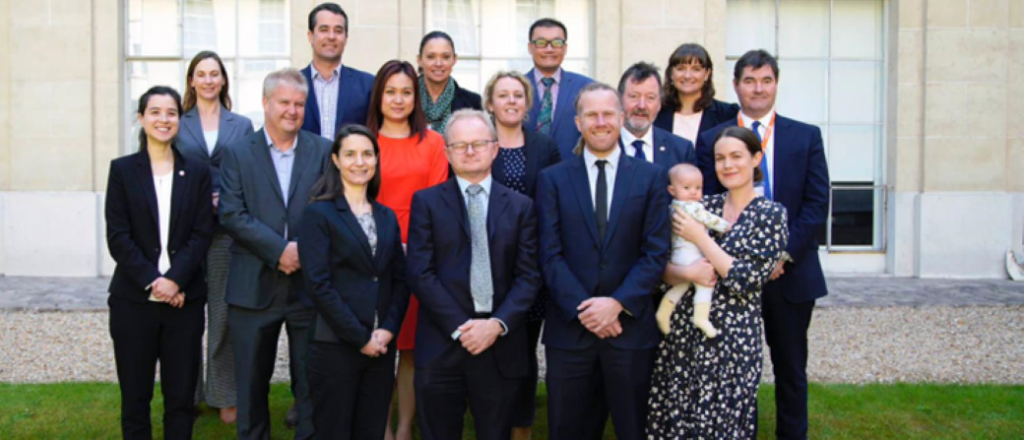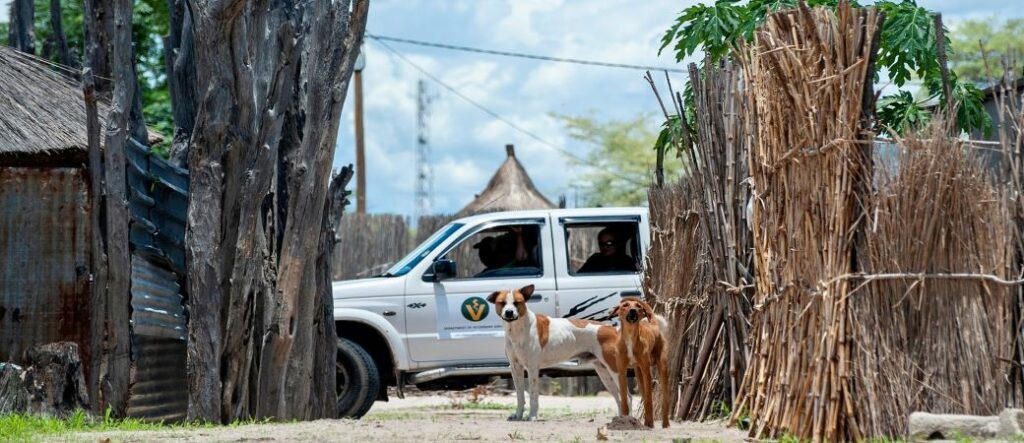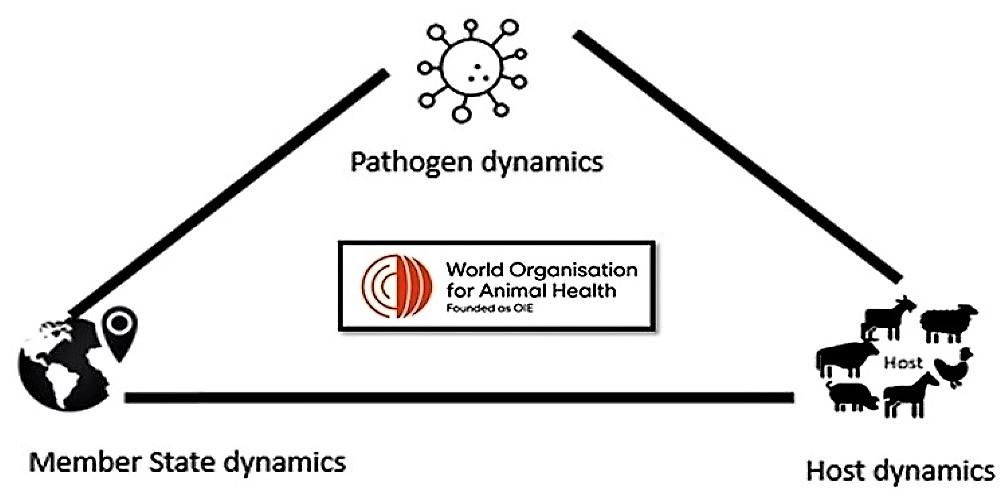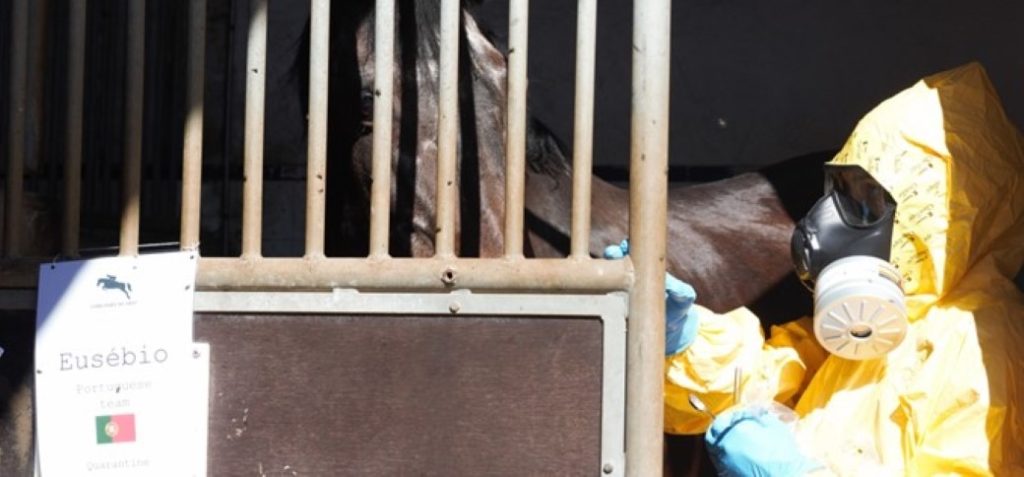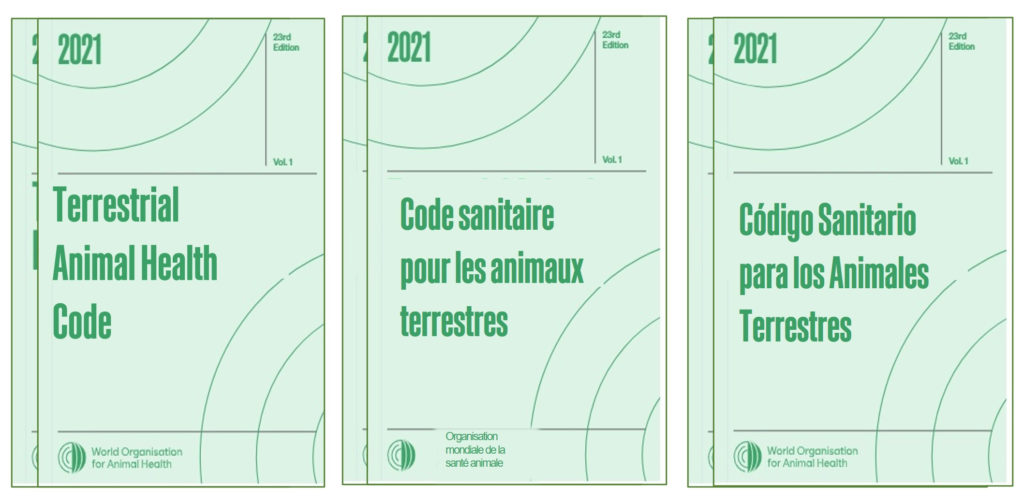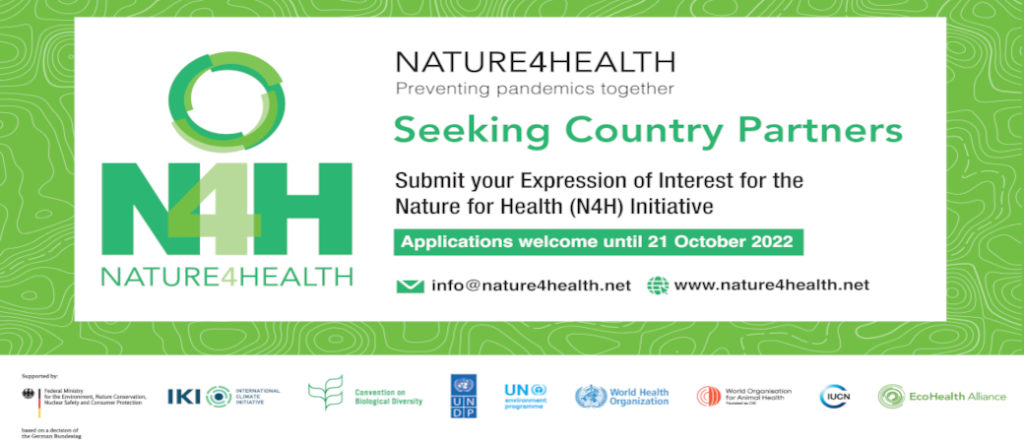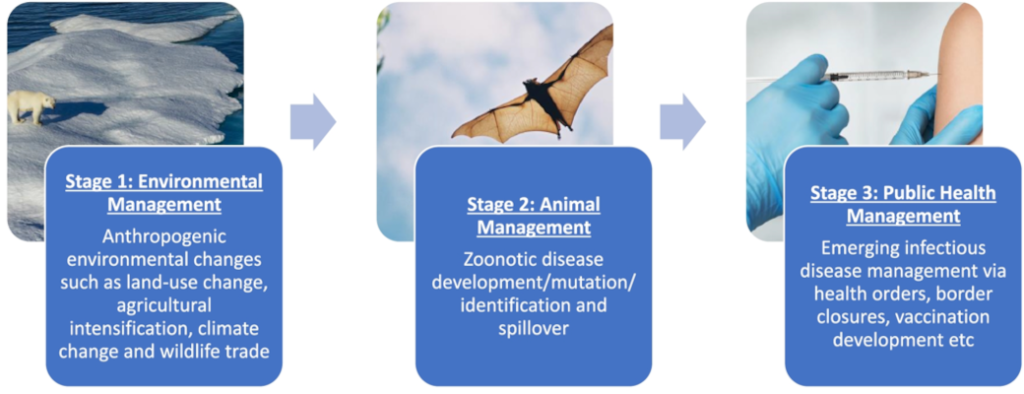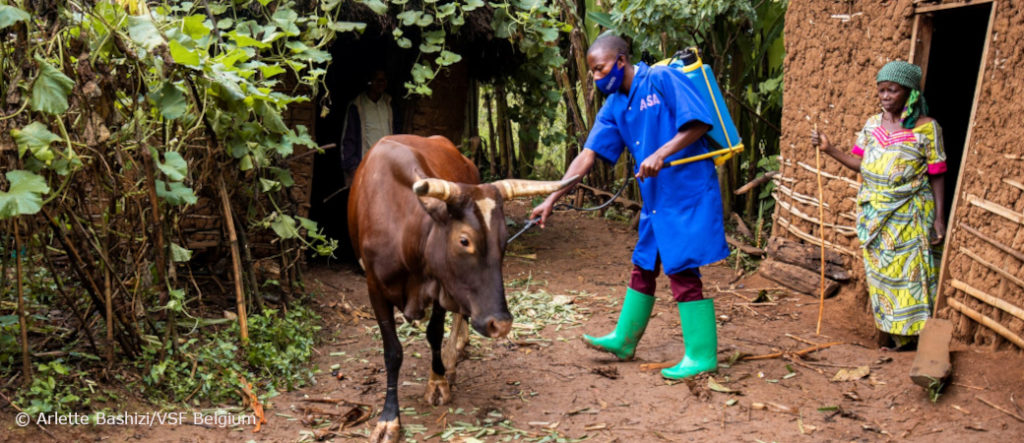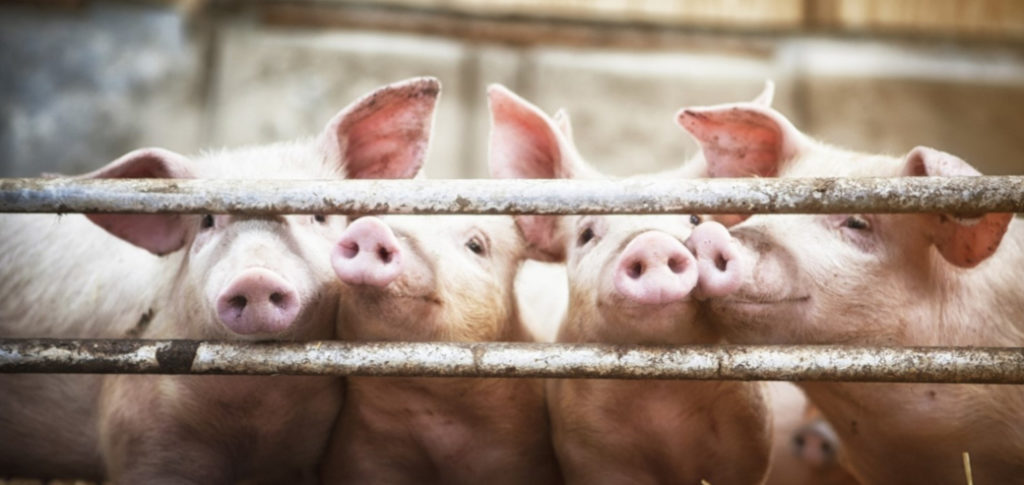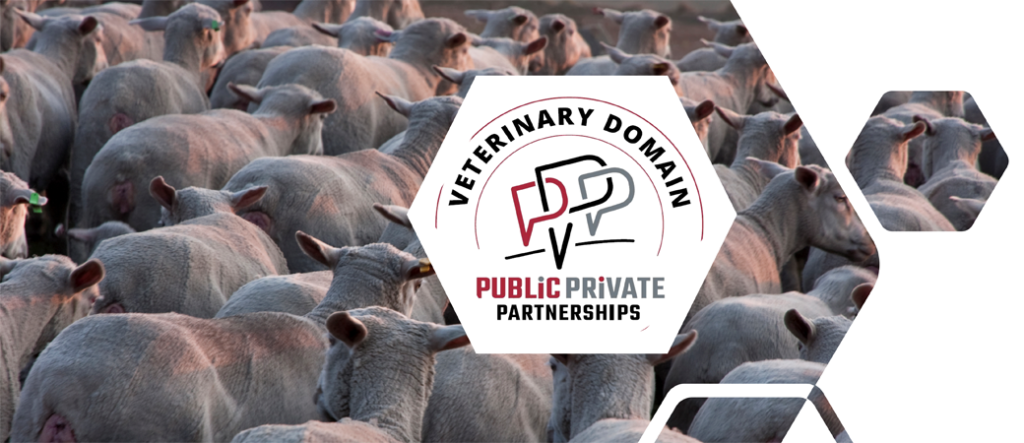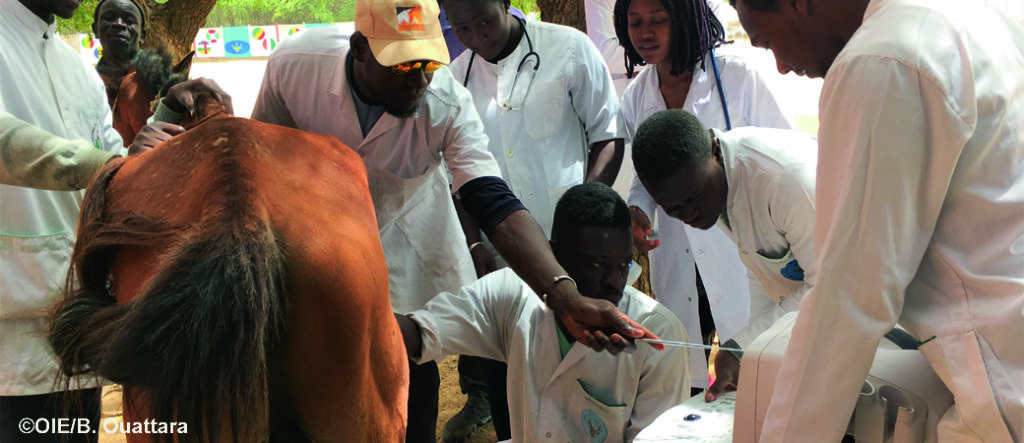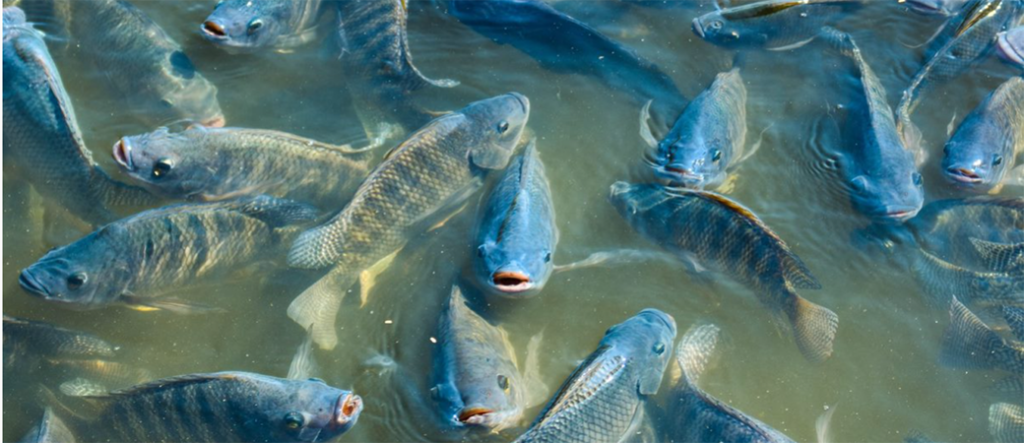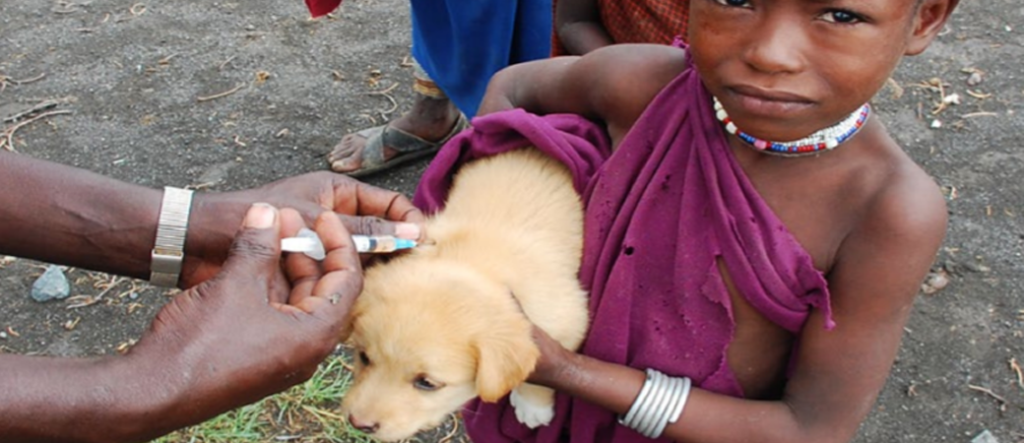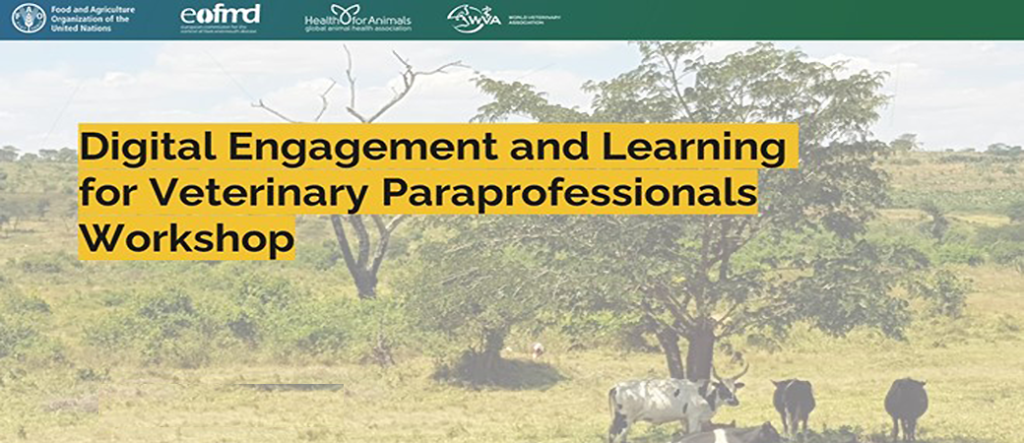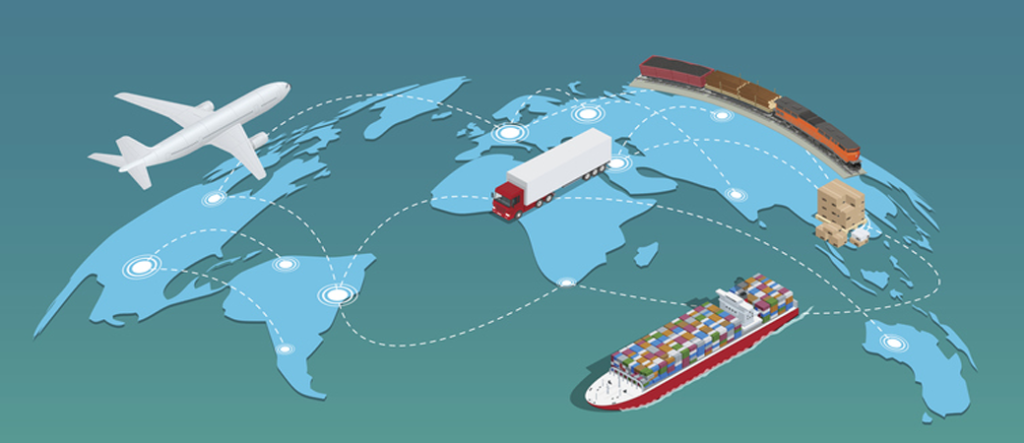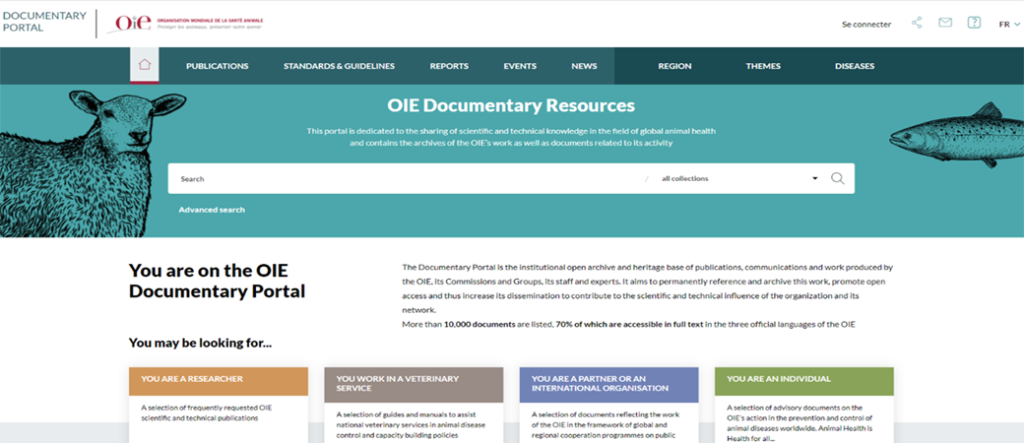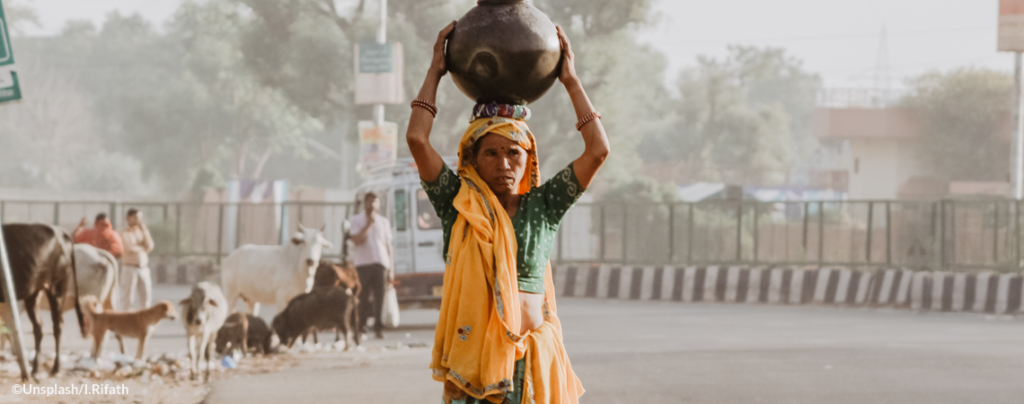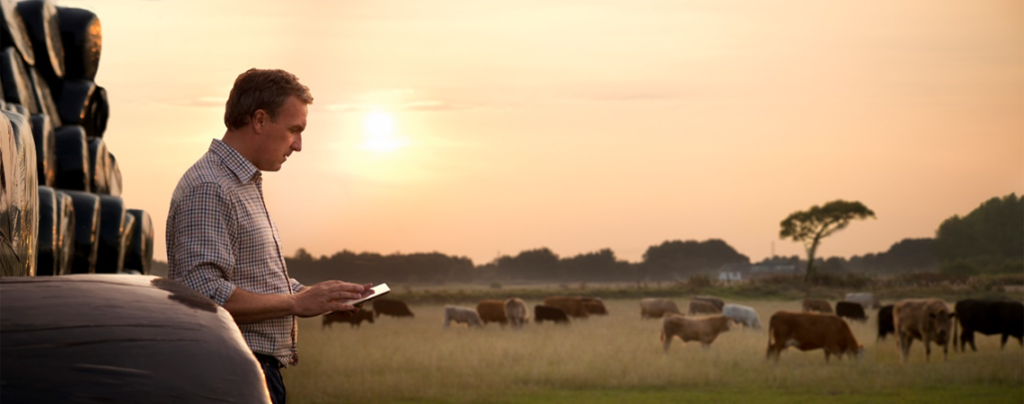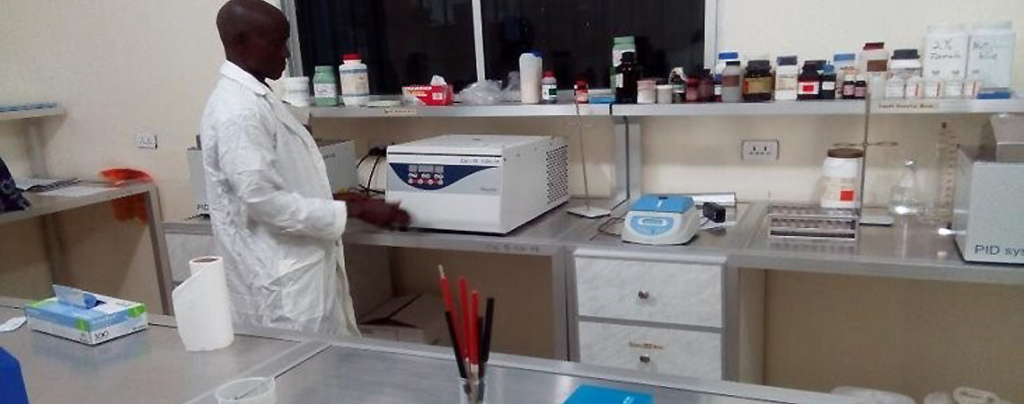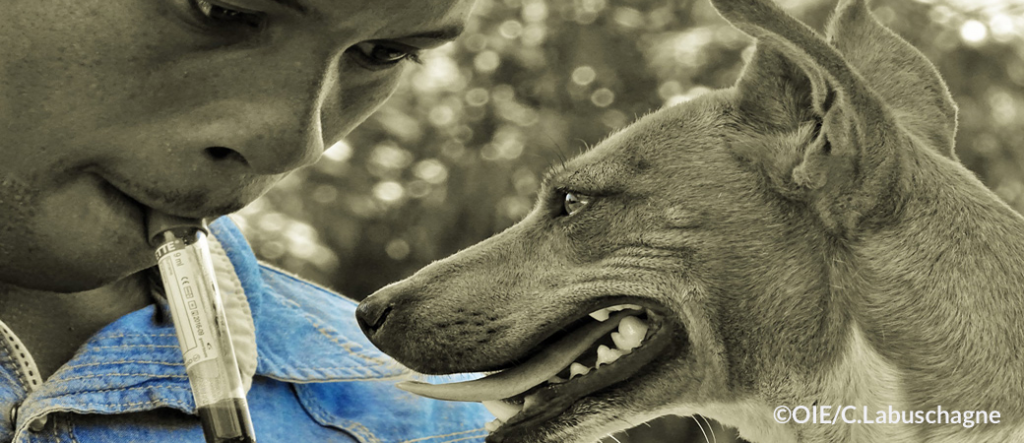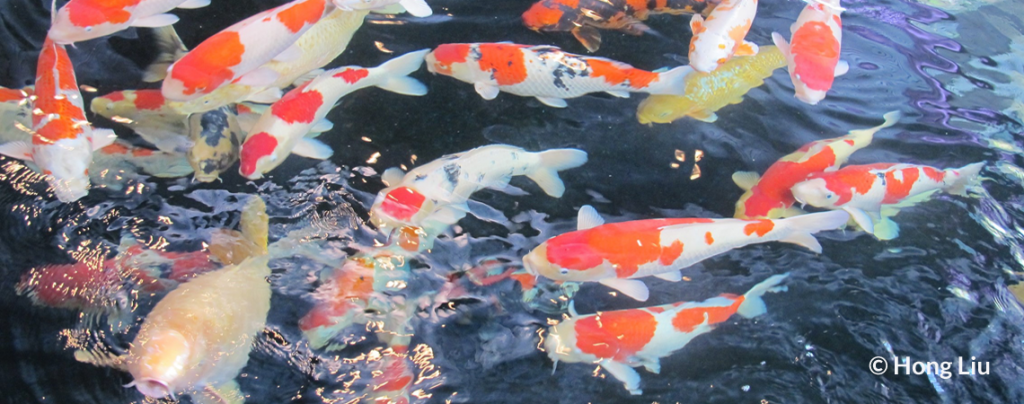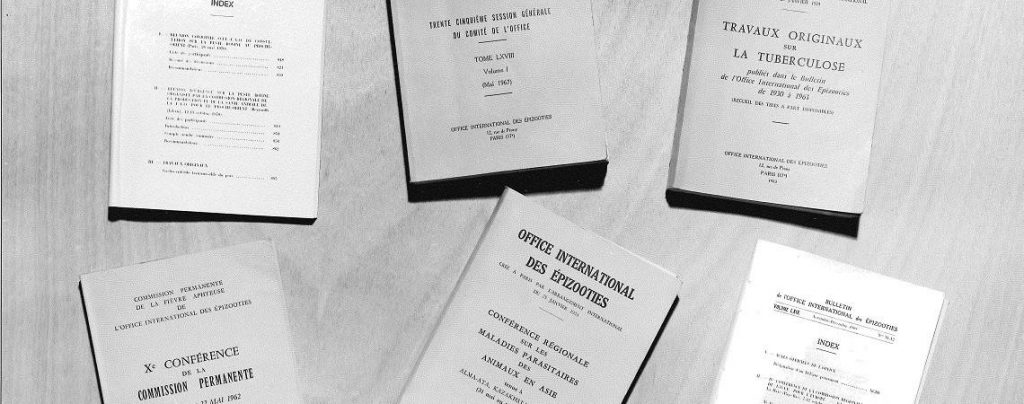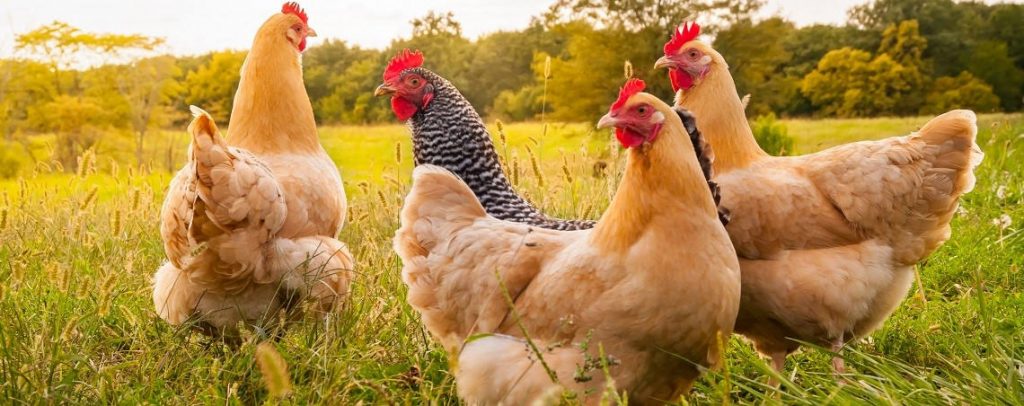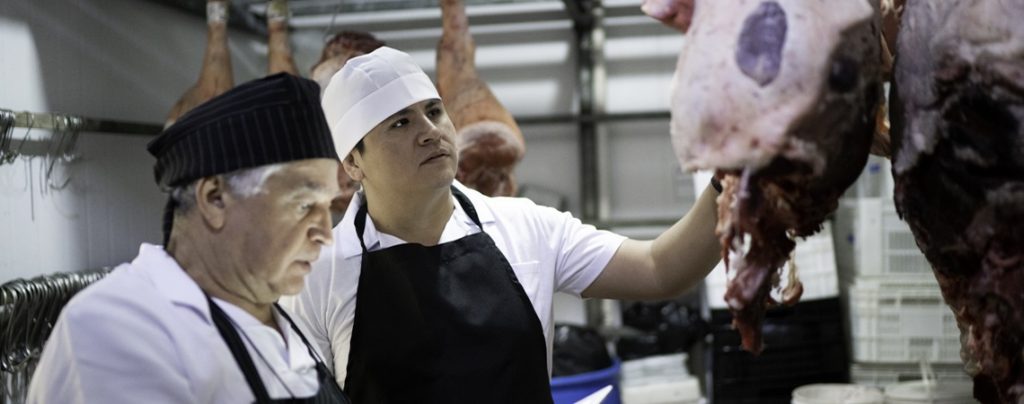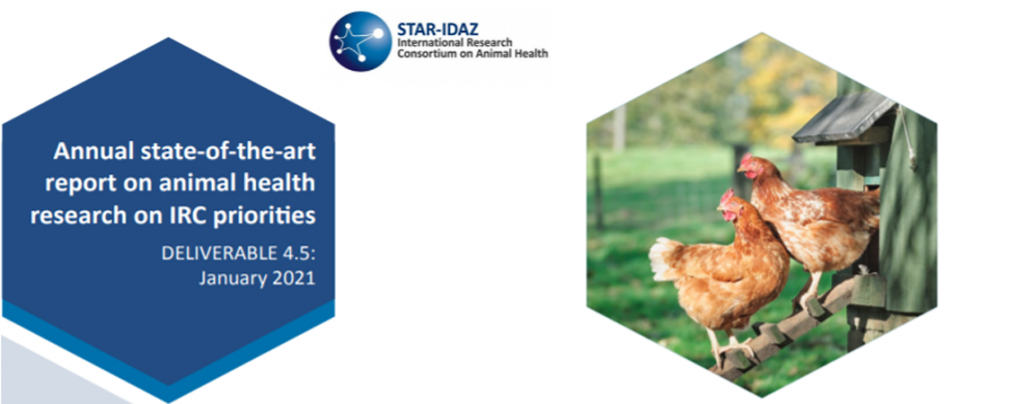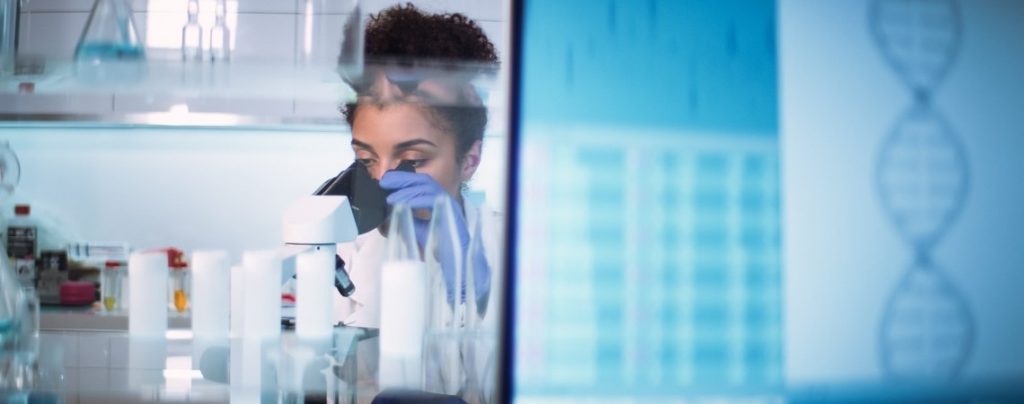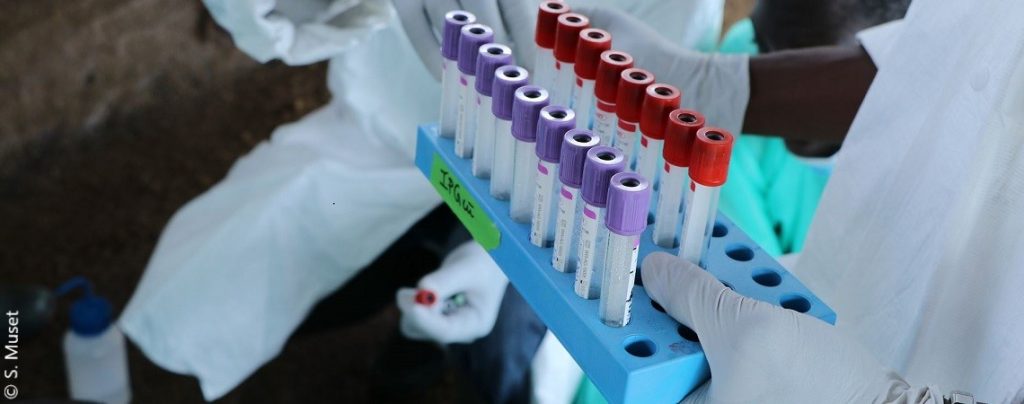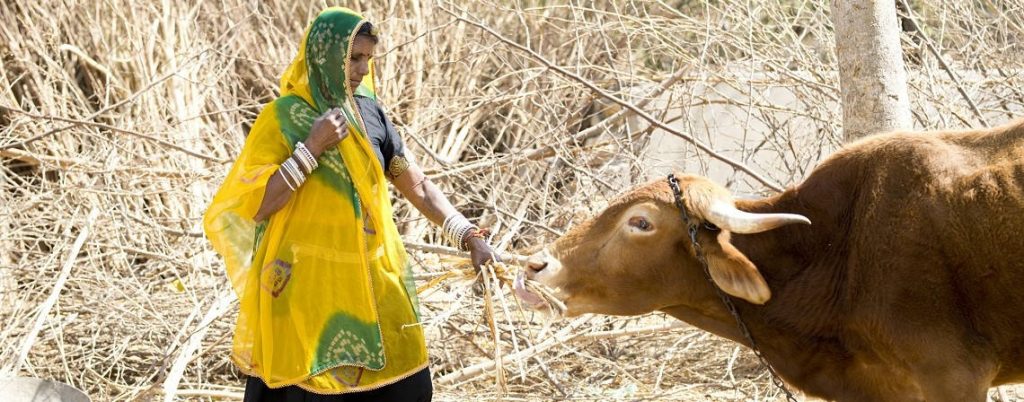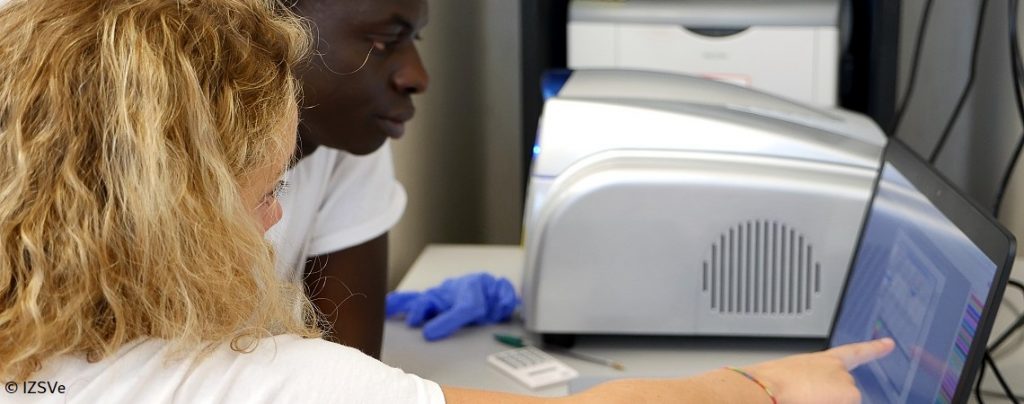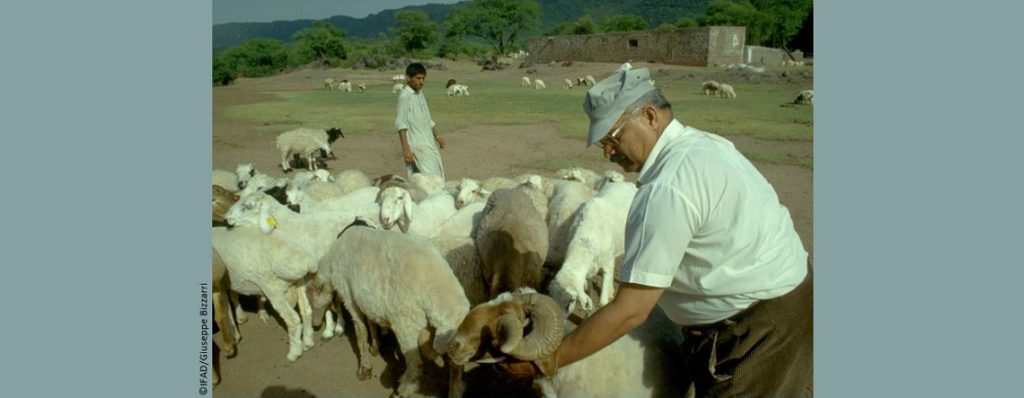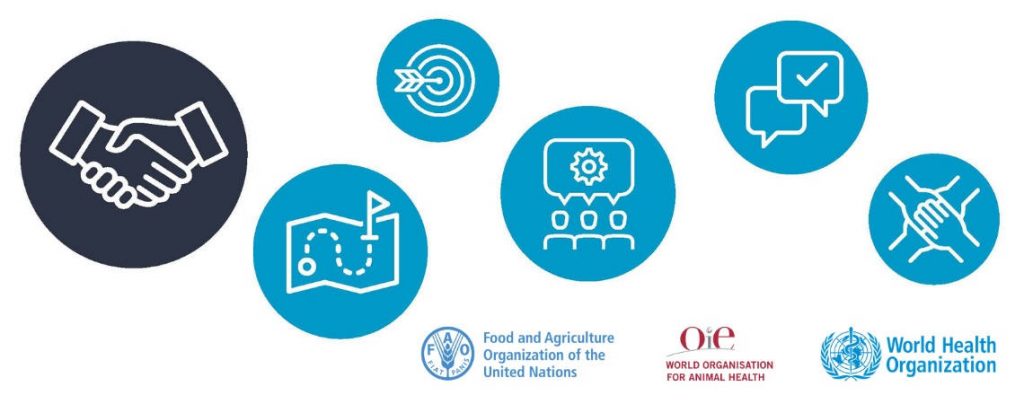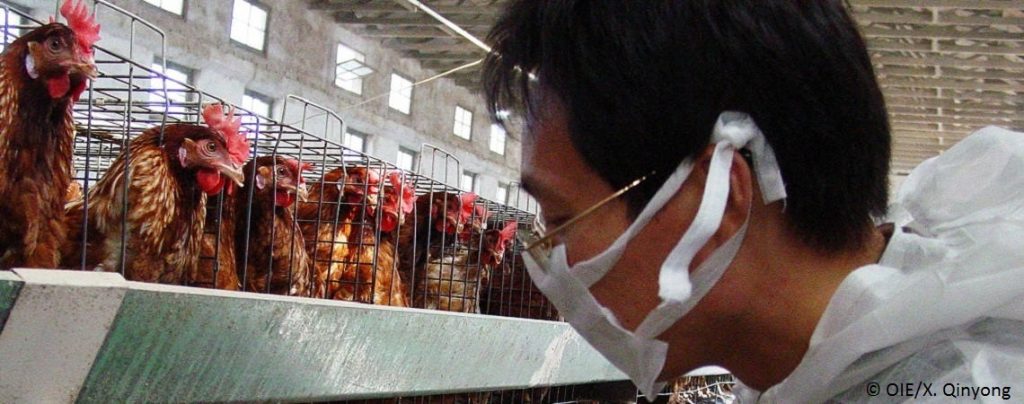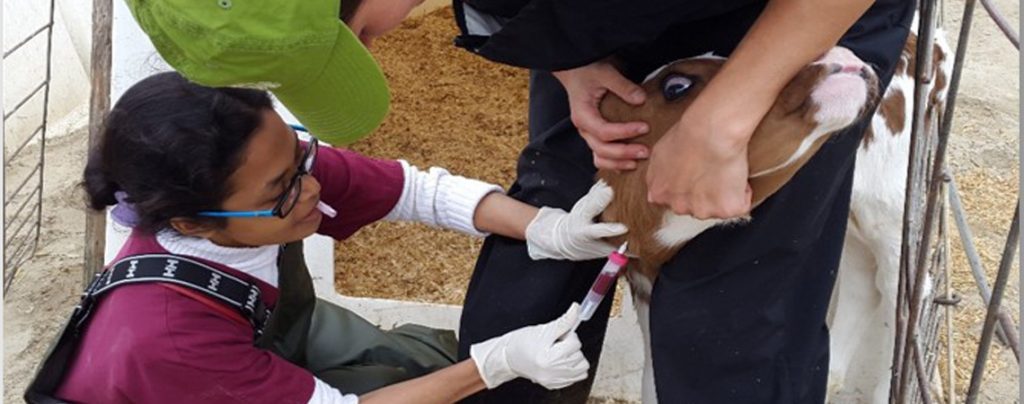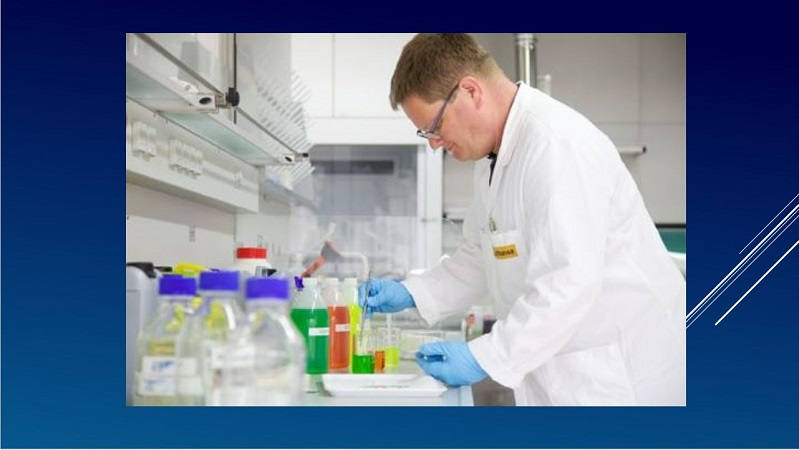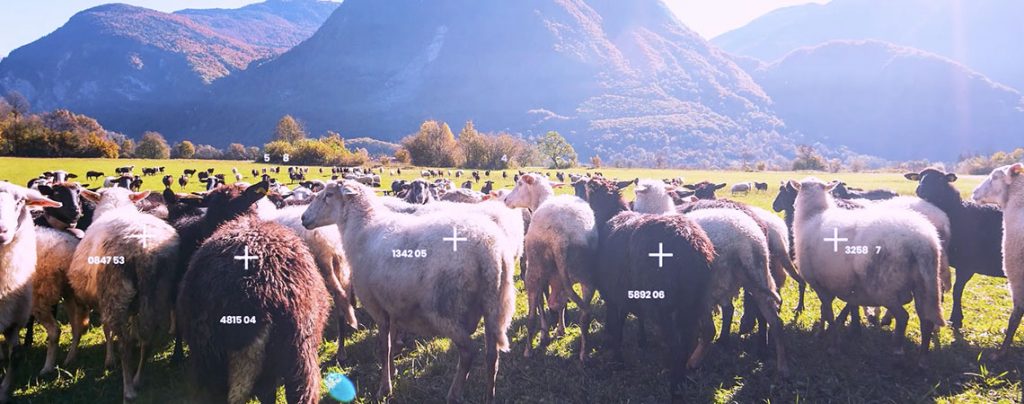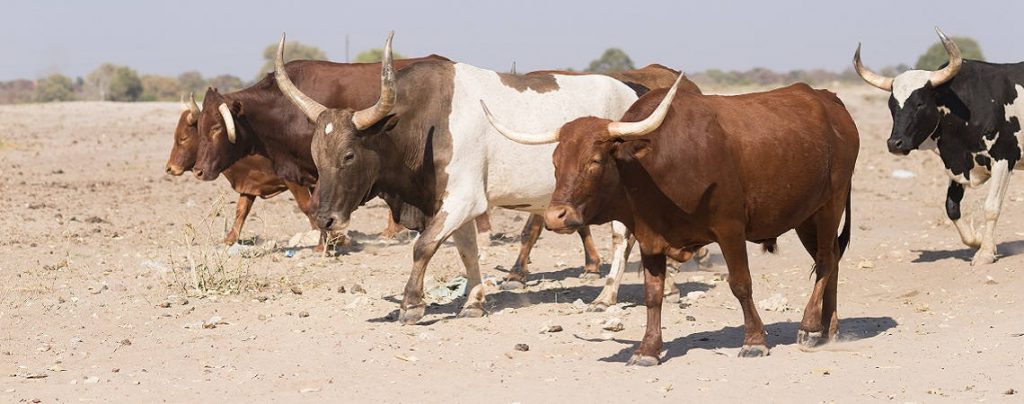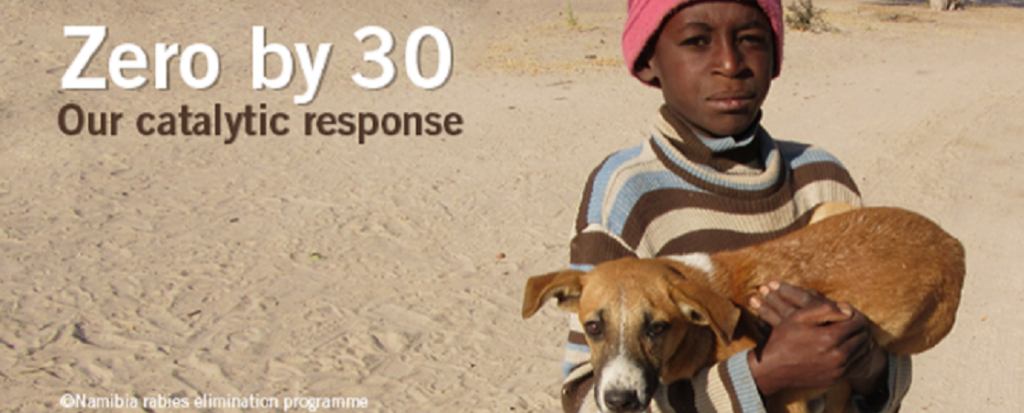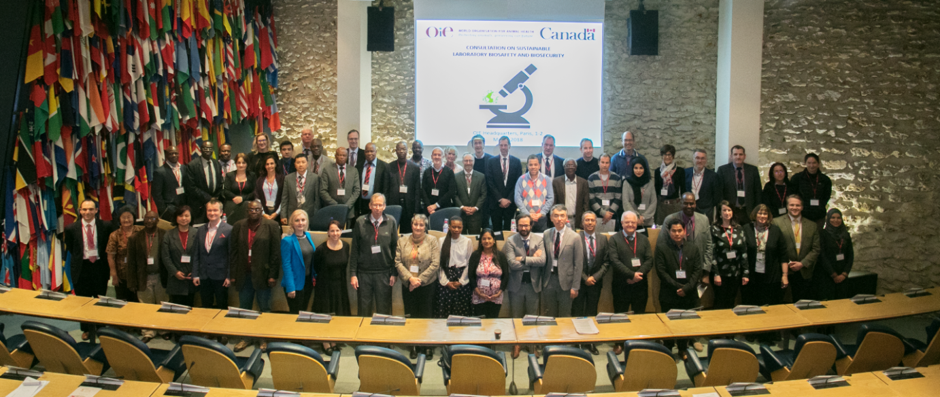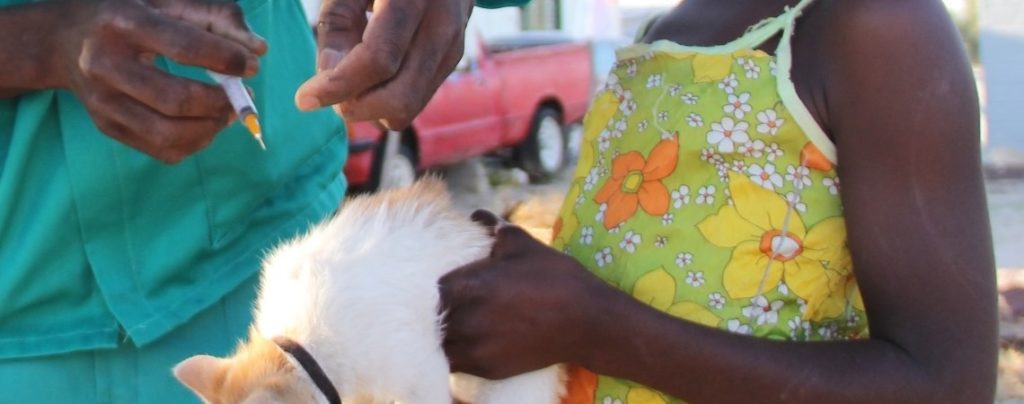INFORMACIÓN CONTINUA Publicado en 2018-09-26 15:30:59
Improving sustainability to avoid laboratory disasters
Palabras clave
Responding to concerns about the sustainability of laboratories, the OIE, together with Chatham House, is working to explore solutions…
(1) World Organisation for Animal Health (OIE)
(2) Chatham House, London, United Kingdom
The views expressed in this article are solely the responsibility of the author(s). The mention of specific companies or products of manufacturers, whether or not these have been patented, does not imply that these have been endorsed or recommended by the OIE in preference to others of a similar nature that are not mentioned.
Laboratories are essential cornerstones of public and veterinary health systems. But if they are not adequately sustained, they become a threat to the health of people, animals, and the environment around them. Laboratories are facing serious problems with sustainability.It is critical for public and animal health that the systems which underpin safety, security, and delivery of accurate laboratory test results are properly maintained.
Laboratories are expensive to build and operate. They also consume large amounts of energy and natural resources (including clean water). This is especially true of more sophisticated facilities such as high containment labs, which require guaranteed long-term financial and resourcing commitments in order to operate safely and effectively. Whilst funds are often set aside for construction and operationalization, annual budgets for long term maintenance can be more difficult to obtain. If laboratory capacities are not adequately matched to locally available resources, they quickly become a burden. Lacking a robust business plan, and with high running and maintenance costs, such laboratories quickly become unsustainable.
However, within these problems lie solutions. As other sectors have experienced, there is significant scope to improve the sustainability, both of existing laboratories and those yet to be built, through leadership, cooperation, and innovation. Innovation can improve energy and resource efficiency without compromising, and even enhancing, safety and security.
The OIE and Chatham House with the support of Global Affairs Canada, the UK International Biosecurity Programme and Public Health England have initiated an international conversation on these issues and are leading the quest for innovative solutions. On 1-2 March 2018 at OIE Headquarters more than 50 international experts explored ways to improve the sustainability of laboratories.
The key message is that something needs to be done now and this will need all the public and private stakeholders to rally around a common and transformative agenda.
As follow-up to the meeting we have initiated work to frame options for an ‘Open Innovation’ competition (or Grand Challenge) whereby a call is issued (with the offer of a prize) to a large network of potential innovators. To take this to the next level, we propose to work within a consortium of committed stakeholders including end users, beneficiaries (from both the public and private sectors e.g. the livestock industry), donors, and national experts.
Work has also been initiated on Cost/Benefit Analysis which aims to balance the costs of running laboratories against the multiple health, societal and security benefits they provide and the potentially disastrous costs of not investing in labs. Outputs of this work should convince funders that long term investment in labs is worthwhile.
Incidents such as Chernobyl, Fukushima, and Deepwater Horizon have highlighted the risks of not sustaining infrastructure and critical control systems in other sectors. Collective action must be taken to avoid the same happening within the animal and public health sector.
June 2018




